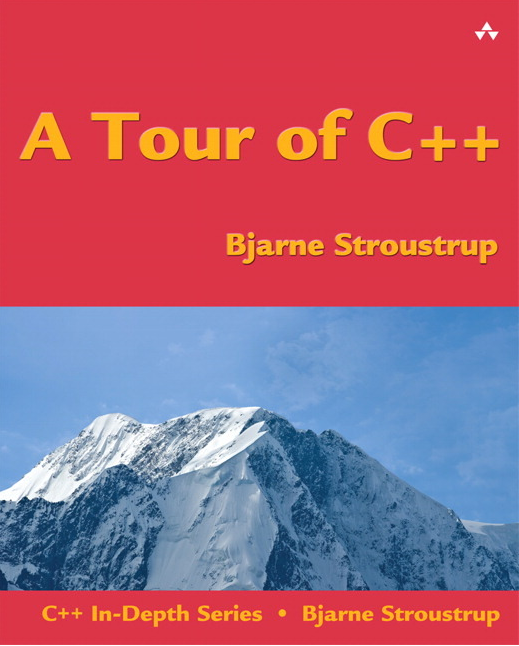Quick Q: Why prefer making shared_ptrs via make_shared? -- StackOverflow
Quick A: Because it's more efficient, since it can eliminate an additional allocation.
Recently on SO:
Difference in make_shared and normal shared_ptr in C++
std::shared_ptr<Object> p1 = std::make_shared<Object>("foo"); std::shared_ptr<Object> p2(new Object("foo"));Many google and stackoverflow posts are there on this, but I am not able to understand why
make_sharedis more efficient than directly usingshared_ptr. Can someone explain me step by step sequence of objects created and operations done by both so that I will be able to understand howmake_sharedis efficient. I have given one example above for reference.

